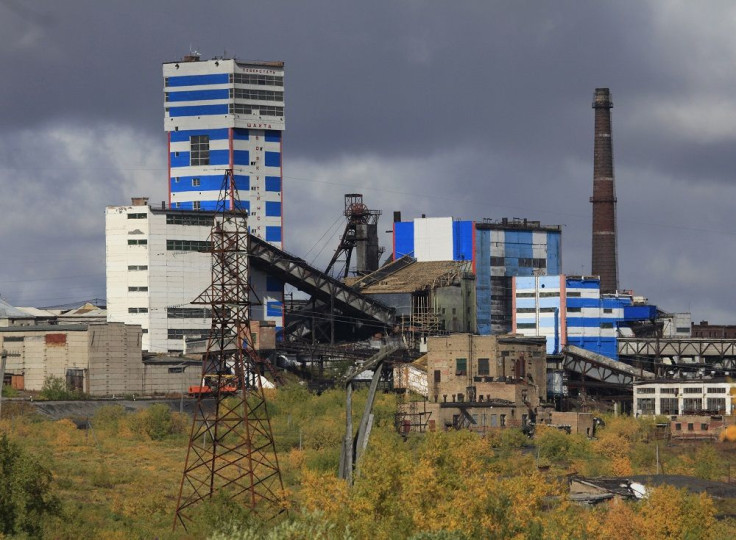EU Plans To Drop Methane Emissions Limits

Expecting opposition from the agri-food sector, the European Union is dropping its plan to put a limit on methane emissions, Irish Times reported. Studies have shown that methane is much worse than carbon dioxide, but the EU is scrapping it from the set of air pollutants that are considered to be contributing to greenhouse gas emissions.
The Environmental Defense Fund, or EDF, stated that methane, just like carbon dioxide, is also a dangerous gas which contributes to climate change. “While methane doesn’t linger as long in the atmosphere as carbon dioxide, it is initially far more devastating to the climate because of how effectively it absorbs heat. In the first two decades after its release, methane is 84 times more potent than carbon dioxide,” it said. The EDF also stressed that unless limits to methane emissions are put into action, it will proceed to contribute to climate change.
Methane can come from various sources. It can come from lakes and still waters where algae can grow release it, and dams and reservoirs. Cows, pigs and humans all release it, while bacteria produces it. Oil and gas industries, however, are the largest industrial methane emitters.
The EDF also noted that 25 percent of the human-induced global warming is from methane emissions. Data showed that there was a staggering increase of methane emitted in the atmosphere that was “84 times more potent than carbon dioxide." Environmentalists said this type of emission would also have to be tackled to save the planet from global warming.
EU countries earlier wanted to include methane, sulphur dioxide, nitrogen oxides, volatile organic compounds, and ammonia as four air pollutants whose emission limits should be implemented. However, as reported by EurActiv, a “working paper” is no longer including methane and ammonia due to “concerns about possible overlaps with commitments related to greenhouse gas emission reduction targets”.
It cited that large agricultural nations like United Kingdom and Italy might have influenced the change in policies. “The farm lobby is pushing to remove emission limits which affect agriculture,” Louise Duprez, senior policy officer for air pollution and noise at the European Environmental Bureau, told EurActiv. “What makes the agricultural sector so special that it should get exemptions but not other sectors like transport?”
While environmentalists, scientists and some policymakers have stated that greenhouse gas emissions would result in catastrophic results in several countries’ food production, representatives in the farming sector are saying otherwise. Copa-Cogeca Secretary-General Pekka Pesonen said “that the caps would hit the livestock sector hard.”
"There is no cost-efficient way to reduce methane emissions without carbon leakage,” he was quoted as saying. Voting on the limits is scheduled in September, the report added. However, the United States government is trying to address the dangerous effects of methane emissions, as the Obama Administration early this year, 2015, has announced a plan to limit methane emissions.
Cutting down greenhouse gas emissions is only one policy that is being drawn up to mitigate the effects of climate change. Rich and poor nations are urged to transition to clean energy economies.
Clean energy technology is driving the demand for nickel. This metal is known to resist corrosion and great conductor like copper, it is also the key ingredient of stainless steel which is valuable in renewable power plants.
The majority of the world’s nickel is produced from Russia, Canada, Indonesia and Australia. Russia has a new nickel company, Amur Mineral Corporation’s (London AIM:AMC), which will be among the new suppliers that can cater to the ever increasing demand for nickel. The company's mining license was just approved recently by the Russian government.
To contact the writer, email: vittoriohernandez@yahoo.com





















